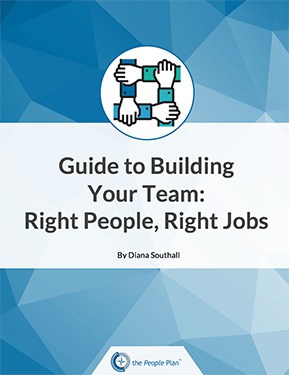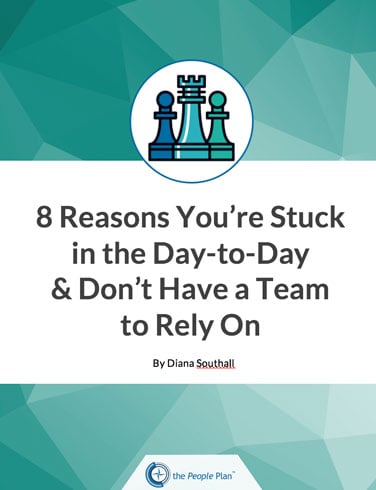“Where do you work?” is a question often posed when we first meet someone, directly after they learn your name and occupation. You might not think about this but we do judge someone by the “company they keep”- literally.
Are you proud to be associated with your employer? Does their reputation and values align with yours?
When someone works for a prestigious organization (say Wegmans, our local best place to work) they have a sense of pride with this affiliation (and we are impressed or perhaps envious).
A friend of mine recently took a job at a company that had been censored by the Environmental Protection Agency for flagrant polluting of the neighborhood—he was not particularly excited about working for this company (“it’s a job”) and did not broadcast the news to all his friends.
I had a similar experience in college working for a national exercise chain – it was clear to me after a short time that they used what I felt were predatory sales practices. While I kept my cushy front desk job for the remainder of the semester, I did not continue to encourage prospects to schedule a tour (prior to this I was the most successful appointment maker on staff). So you see, my values were not in alignment with theirs, I was not willing to compromise them and I lost engagement and my performance plummeted.
One factor related to employer reputation is that most of us would prefer a stable job (until at least we decide to leave). The Aon Hewitt Total Rewards survey found that perceptions of job security, as well as agreement with organization decisions and direction (that will ultimately impact our job security if the organization is not successful) were all key factors in employee engagement. Engagement has been found dramatically lower at organizations that are failing or laying off workers. How can you expect employees to go that “extra mile” if they expect to out of work soon?
Another factor related to our employer brand is our need for pride and affiliation. Our career choices reflect on us and we have a natural desire to affiliate with those who are similar to us. Research suggests that an employer’s reputation is becoming more important to recruiting, turnover and employee engagement.
Employers are also starting to leverage their reputation for socially and economically conscious choices, such as “green” statements and touting philanthropy.
Forbes has an interesting article about social responsibility for employee attraction, and references a study that found:
- 53 percent of workers said that “a job where I can make an impact” was important to their happiness
- 72 percent of students about to enter the workforce agreed (wanted to “make an impact”)
- most would even take a pay cut to achieve that goal
Image courtesy of Stuart Miles at FreeDigitalPhotos.net




